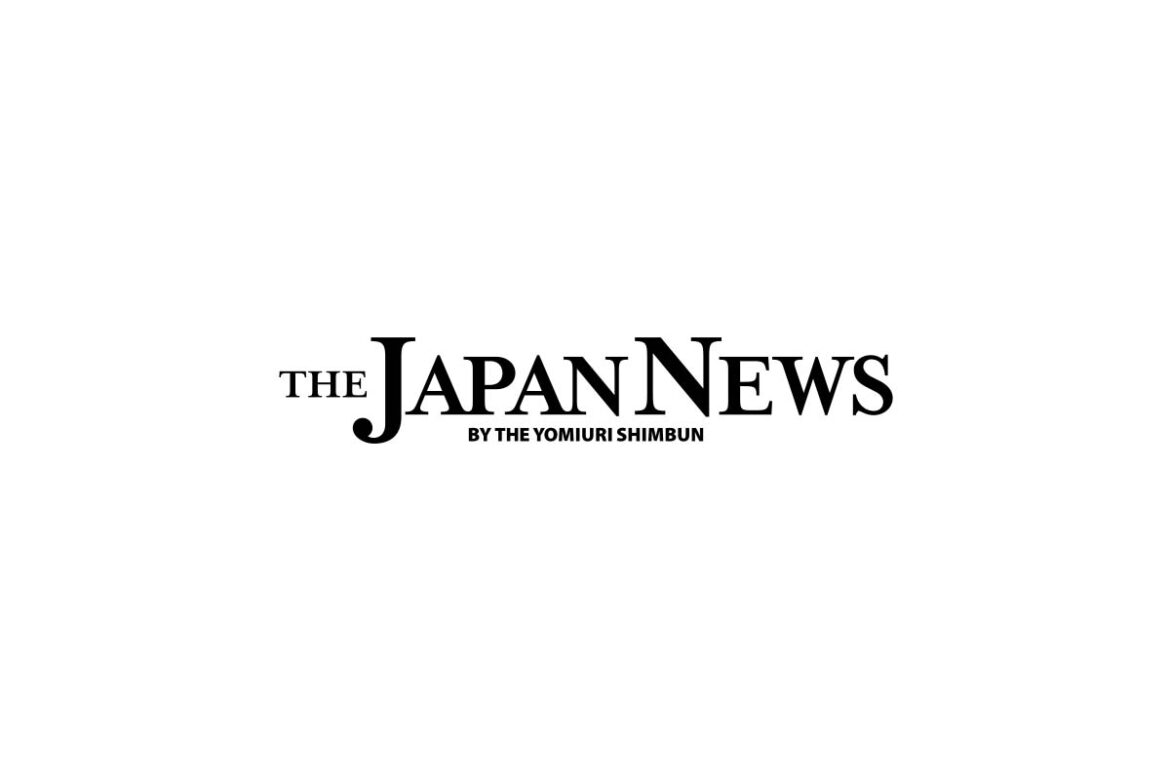16:58 JST, August 24, 2025
South Korea’s willingness to advance bilateral relations with Japan has been clearly conveyed. The two countries can be said to have gotten off to a smooth start toward building a new era in their relationship based on mutual understanding.
South Korean President Lee Jae Myung made his first visit to Japan since taking office and held talks with Prime Minister Shigeru Ishiba at the Prime Minister’s Office for two hours. Afterward, they announced a comprehensive agreement that states their commitment to working together in a wide range of areas, such as the economy and security, in order to build a “future-oriented” relationship.
This is reportedly the first time in 17 years that Japan and South Korea have put an agreement between their leaders into writing. Behind this absence of written agreements was that the two countries often conflicted with each other over historical issues. In the future, it will be important to connect the agreement between the two leaders to concrete results.
During their talks, Ishiba and Lee also agreed to launch working-level dialogue on issues common to both countries, such as declining birth rates and disaster responses.
It is significant for Japan and South Korea to tackle their common social challenges by sharing measures and knowledge with each other. Such cooperation also appears to be in line with the “pragmatic diplomacy that prioritizes national interests” that Lee has touted.
North Korea is seeking to improve its nuclear and missile technologies. It is laudable that the Japanese and South Korean leaders agreed at the summit to deepen security cooperation between their countries and among Japan, the United States and South Korea.
Although both Japan and South Korea are U.S. allies, some issues stand between the defense authorities of the two countries. In 2018, a South Korean Navy destroyer directed a fire-control radar at a Maritime Self-Defense Force patrol aircraft.
After that incident, the administration of Lee’s predecessor, Yoon Suk Yeol, put on hold the confirmation of the facts regarding the radar incident and promoted security cooperation among Japan, the United States and South Korea. The three countries now have put a system in place to immediately share information on North Korean missiles.
Lee is known for having repeatedly made anti-Japanese remarks in the past. Both Japan and South Korea need to make efforts not to undermine the cooperation framework that Japan, the United States and South Korea have finally established.
To deepen bilateral security cooperation further, why not have Japan and South Korea start discussions toward concluding an Acquisition and Cross-Servicing Agreement (ACSA) to allow the Self-Defense Forces and the South Korean military to provide fuel and ammunition to each other.
Ahead of Lee’s visit to Japan, the Japanese government was most concerned about what remarks he would make on historical issues.
At a joint press conference after the talks, Lee expressed his positive view, saying, “South Korea and Japan are inseparable partners that should work together for peace and prosperity.” In contrast, he did not mention historical issues.
It is hoped that the two countries will make this summit a starting point to maintain favorable bilateral relations and develop together.
(From The Yomiuri Shimbun, Aug. 24, 2025)


AloJapan.com